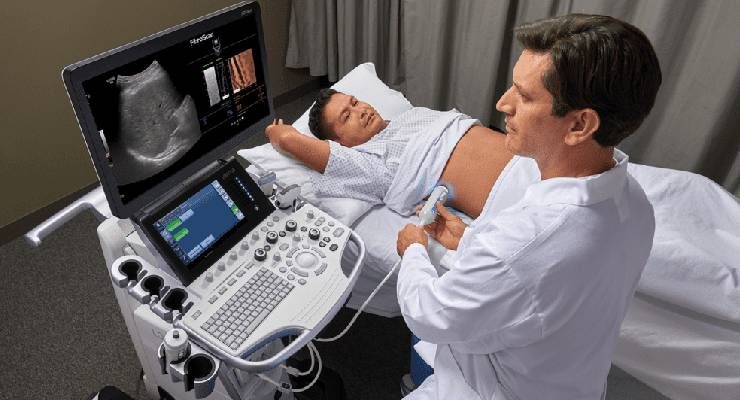
Fibroscan
Fibroscan is a non-invasive imaging technique used to assess liver stiffness and fibrosis (scarring) without the need for a liver biopsy. It utilizes a specialized ultrasound probe to generate shear waves that propagate through the liver tissue. The speed of these waves is directly related to the stiffness of the liver, providing information about the degree of fibrosis present. Fibroscan is commonly used in the evaluation of liver disease, monitoring disease progression, and assessing the effectiveness of treatment interventions.
Fibroscan is particularly useful in patients with chronic liver conditions such as hepatitis B or C, fatty liver disease, or liver cirrhosis. It provides a quantitative measure of liver fibrosis, which can help guide treatment decisions and monitor response to therapy over time. Fibroscan is a quick and painless procedure that can be performed in an outpatient setting without the need for sedation or anesthesia. However, it may not be suitable for all patients, and additional testing or imaging may be required to confirm the diagnosis or assess liver function comprehensively.
Fibroscan itself is a diagnostic procedure rather than a treatment. However, the information obtained from Fibroscan results can guide treatment decisions for patients with liver disease. Treatment options may include:
- Lifestyle modifications such as diet and exercise for patients with fatty liver disease or metabolic syndrome
- Antiviral therapy for patients with chronic viral hepatitis (e.g., hepatitis B or C)
- Medications to manage symptoms and complications of liver disease (e.g., portal hypertension, hepatic encephalopathy)
- Liver transplantation for patients with end-stage liver disease or hepatocellular carcinoma
